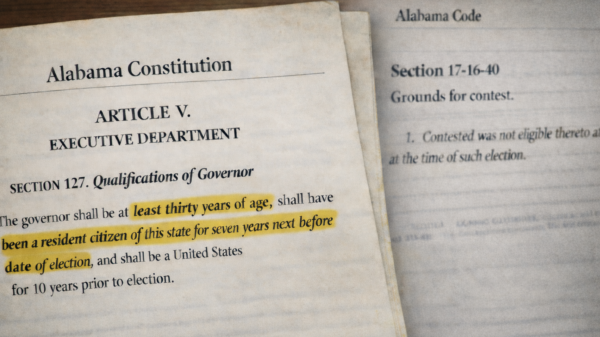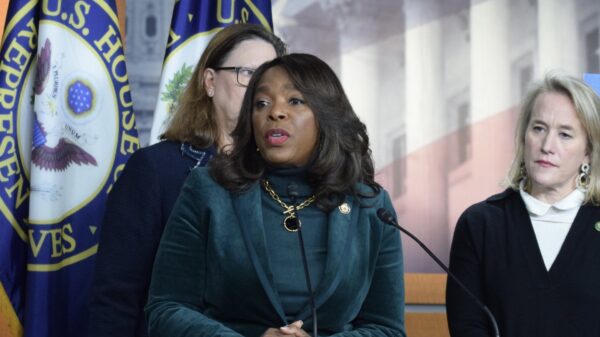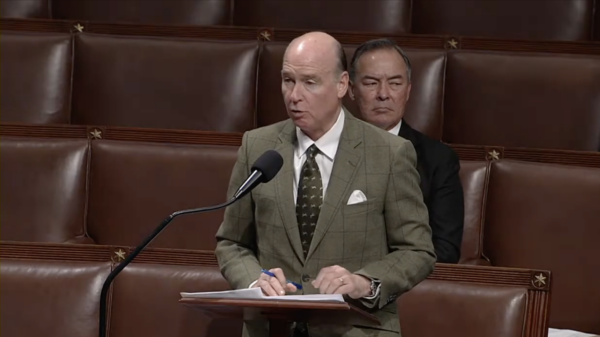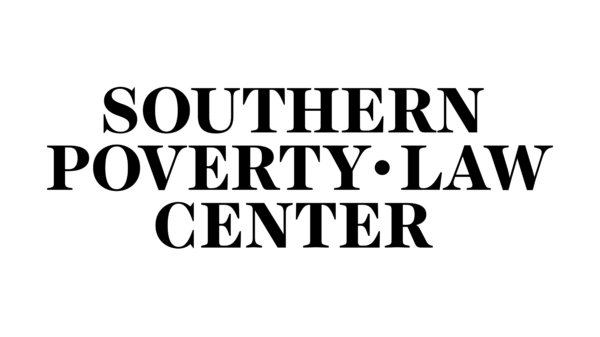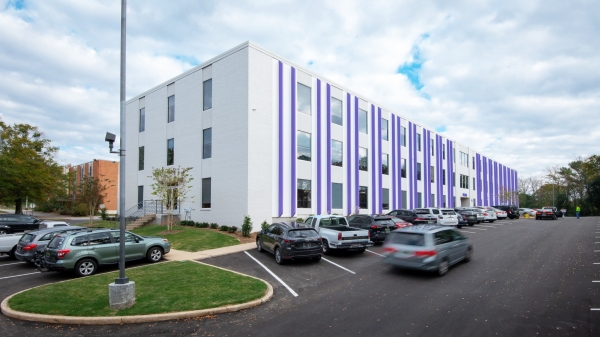Local school boards should have more authority in approving proposed charter schools and parents of students attending the charters should have a larger role on the schools’ governing boards.
Those were two of the suggestions contained within a report from the Southern Poverty Law Center, which reviewed problems with Alabama’s charter school law and the uneven results the law has produced.
Earlier this week, the Alabama Charter School Commission revoked the license of a charter school in Washington County after it continually missed construction deadlines and drew the ire of the local community. The Commission also ordered a charter school in Montgomery to submit required documents and hinted that it might be next on the chopping block if significant changes aren’t made and significant problems corrected.
Those are two of the more serious failures of Alabama’s foray into the charter school arena, but they aren’t the only issues. Many of those issues originate from conflict between the local school systems and the new charter schools in the districts.
To that end, the SPLC reports recommends that Alabama adopt language within its charter school laws that require charters and the local school districts to submit a plan for working together. That would ensure the proposed charter schools are a compliment to the local public schools, instead of being viewed as a drain on resources.
It would be a mandate that expands on the current requirement that charter schools address a specific need or shortcoming that the current schools aren’t addressing.
The report also recommends a new consideration for boards approving charter schools: the financial impact the charter school would have on local schools. And approved charters should never be operated or managed by for-profit companies.
The out-of-state, for-profit companies involved with the charters in Montgomery and Washington County also drew heavy criticisms from local residents, specifically after details of the management contracts for each school were published. Until APR published details of the contracts, only the Charter Commission members were privy to the information contained in the agreements.
Those contracts are paid through taxpayer dollars, and the SPLC report recommends a more open and transparent process for application approvals that would prevent details in contracts from being hidden. Part of that recommendation is posting all applications and relevant contracts online for public viewing and holding mandatory public town halls in which citizens can ask questions.
The report also encourages Alabama to strengthen its laws that require charter schools to be inclusive. While there are laws on the books that prevent discrimination, charter schools across the country have been accused of exploiting loopholes or circumventing rules to push certain students away or punish minority students more harshly.
LEAD Academy in Montgomery, for example, was accused by its former principal of deploying tactics that pushed special needs students to transfer and discouraged them from applying.
To rectify any problems or potential problems, the report recommends standard annual reviews of odd data or inconsistent disciplinary reports. It also recommends standard disciplinary procedures for all charters and a mandatory review for enrollment figures or disciplinary results that show disproportionate numbers based on race, origin or gender.
The full report can be viewed here.





